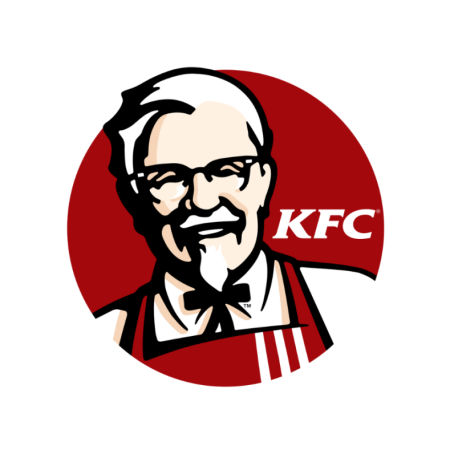Introduction
Running a food franchise is a thrilling journey filled with challenges and rewards. It’s not just about serving delicious meals; it’s about creating an experience that keeps customers returning for more. Let’s take a behind-the-scenes look at what it truly takes to run a successful food franchise.
The Foundation: Choosing the Right Franchise
The journey begins with selecting the right franchise. Choosing a brand that aligns with your values, interests, and financial goals is essential. Research is critical; understanding market trends, brand reputation, and support systems can make or break your decision. Franchisors often provide detailed insights and success stories that can guide you in making an informed choice. Franchiseek SA is also here to help with detailed profiles of several food franchises and helpful articles on selecting a franchise.
Training and Support: Building a Strong Team
One of the significant advantages of owning a franchise is the training and support provided by the franchisor. This training covers everything from operational procedures to customer service, ensuring you and your team are well-prepared. Continuous support from the franchisor, including marketing assistance and operational guidance, helps navigate the food industry’s challenges. It’s up to the franchisee to recruit and select the best people for the job, from kitchen staff to front-of-house servers. The franchisor should provide guidelines in the operations manual on the staff complement and job descriptions.
Location, Location, Location
The success of a food franchise heavily depends on its location. High-foot-traffic areas such as malls, busy streets, and business districts are prime spots. Conducting thorough market research to understand the local demographics and competition is crucial. The right location can significantly impact your sales and customer base.
Quality Control: Maintaining Consistency
Consistency is the hallmark of any successful franchise. Customers expect the same quality and service at every franchise location. This requires stringent quality control measures, regular staff training, and adherence to the franchisor’s standards. Maintaining consistency not only builds brand loyalty but also ensures customer satisfaction.
Marketing and Community Engagement
Effective marketing strategies are vital for attracting and retaining customers. Franchisees benefit from national marketing campaigns organised by the franchisor, but local marketing efforts are equally important. Engaging with the local community through events, sponsorships, and social media can create a loyal customer base. Personalised interactions and community involvement make your franchise stand out.
Financial Management: Balancing Costs and Profits
Running a successful food franchise involves meticulous financial management. From initial investments to ongoing expenses, keeping track of finances is essential. Franchisors often provide financial planning tools and support, but franchisees must also be proactive in managing budgets, controlling costs, and maximising profits. Regular financial reviews and strategic planning are vital components of economic success. It’s also helpful to ask the franchisor to benchmark between stores and share important key performance indicators.
Customer Experience: Creating Memorable Moments
In the competitive food industry, exceptional customer service can set your franchise apart. Creating a welcoming atmosphere, offering personalised service, and addressing customer feedback can turn first-time visitors into regular patrons. Investing in staff training and fostering a positive work environment can lead to better customer interactions and a thriving business. The franchisee should monitor Google Reviews and other platforms to ensure customers’ satisfaction with service levels. Ideally, ratings should not fall below four out of five stars. There are service providers that can also assist with monitoring social media mentions and comments for the whole franchise.
Innovation and Adaptation: Staying Ahead
The food industry is ever-evolving, and staying ahead of trends is crucial. Successful franchisees are open to innovation, whether introducing new menu items, leveraging technology for operations, or adopting sustainable practices. It’s the franchisor’s role to keep abreast of new technology and introduce solutions that can add value to franchisees. For example, WhatsApp Business now offers easy-to-use applications that can streamline communication, marketing and operations manuals.
Conclusion
Exploring the intricacies of running a food franchise showcases the complexities and highlights the passion and dedication required. Whether you’re an aspiring franchisee or a curious foodie, understanding these behind-the-scenes efforts adds a new layer of appreciation to your dining experiences. Before buying a franchise, spending a day in an outlet to see what happens behind the scenes is a good idea. This will help you decide if owning a food franchise is for you.
Running a successful food franchise is a dynamic and rewarding venture. It requires dedication, strategic planning, and a passion for delivering exceptional experiences. Behind the scenes, it’s about building a solid team, maintaining quality, engaging with the community, and continually evolving. For those who embrace the challenge, the journey is filled with exciting opportunities and the satisfaction of creating a beloved dining destination.










